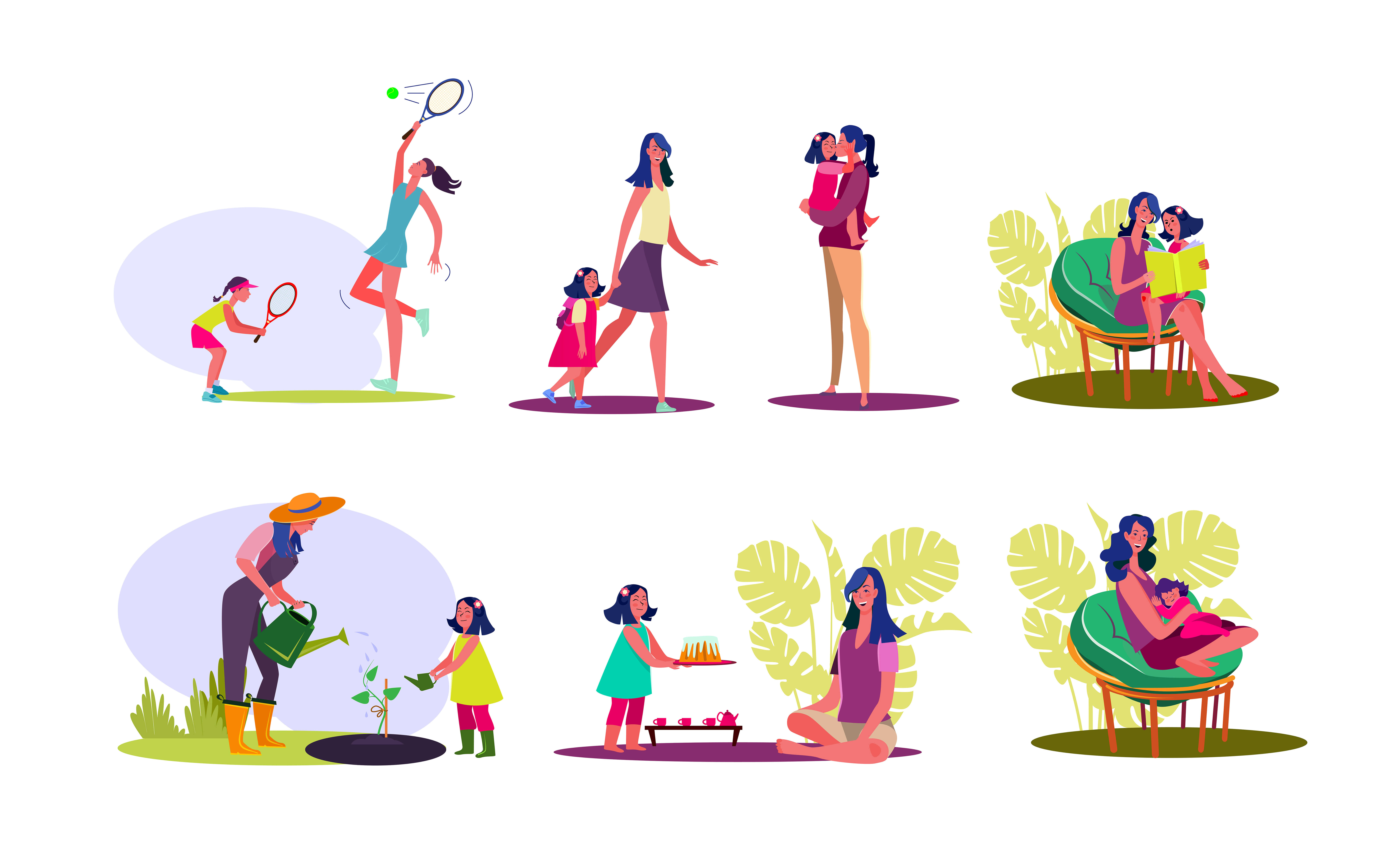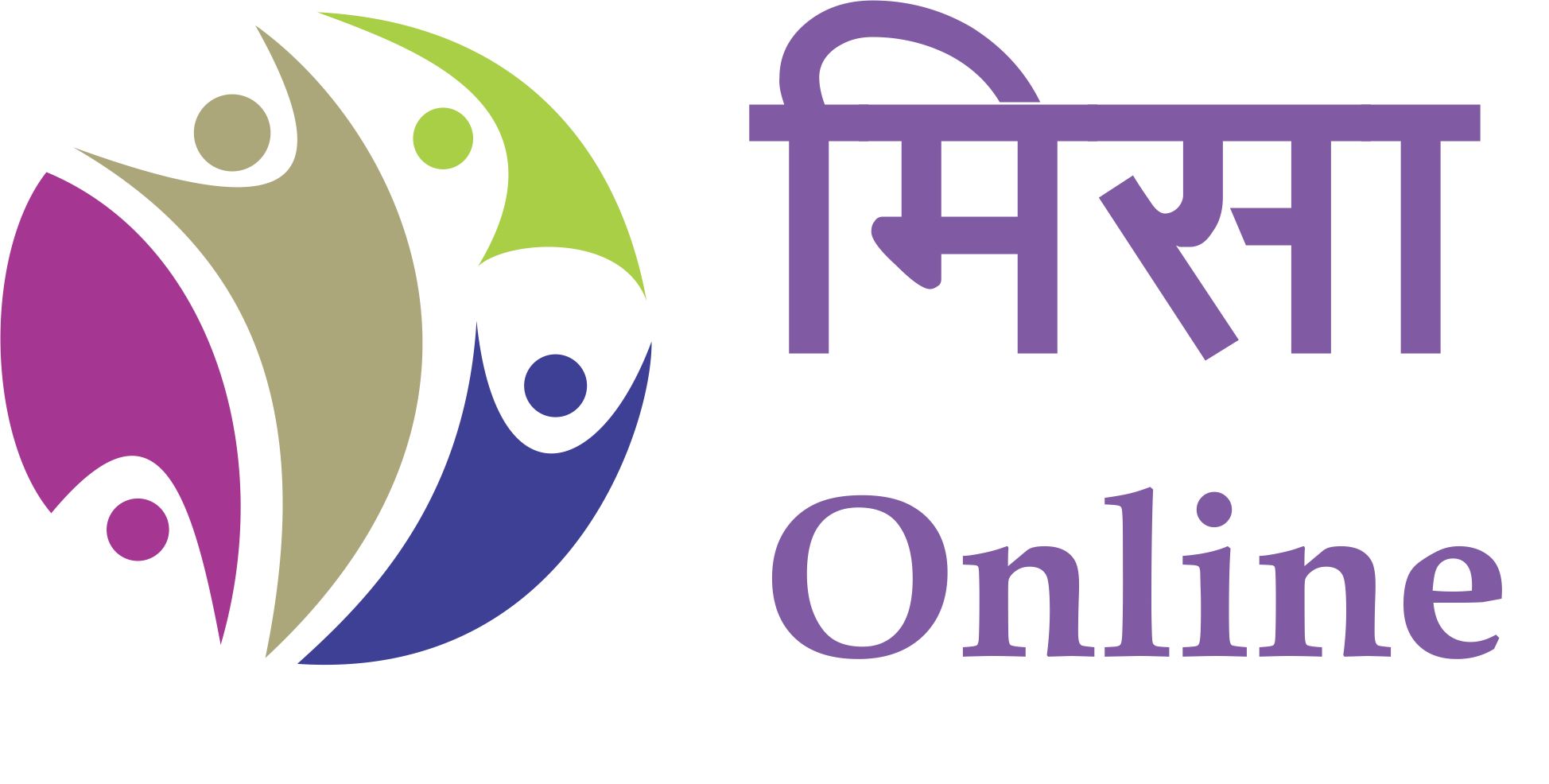9. Being human

It was one of the beautiful autumn afternoons with clear skies. It was bit warm but there was a happy note to the day. Anu was trying to put together an essay on ‘Multicultural Aotearoa’. This is the Māori name for New Zealand. She was on internet going through research and information. Mum always points out that Anu will soon lose the habit of reading books.
After reading for some time, Anu understood that New Zealand Society is made up of different cultures. She further read, “culture includes ethnic, racial, religious, or cultural groups…”
“Mum what is my ethnic?”
“Do you mean ethnicity? Well, because your parents are of Indian origin, people would say that your ethnicity is Indian.”
“What is my race?”
“Once again based on your origin, it would be Indian.”
“What is my culture? I am a kiwi. Right? “
“Well, I don’t know…”
“I was born here and I live here. My first language is English so I am a kiwi. Right?”
That day when mum and Anu met after school, Anu was all fired up.
“Some of classmates said I wasn’t a kiwi. They said I was still an Indian. Then there were some who thought I was a kiwi. Who am I mum?”
That night they both went for a dinner at mum’s friend’s place. Few Indian families were there with their children. At the dinner table, Anu’s mum brought up the question Anu asked her.
“Has any of your children asked you guys what culture they belong to?”
“Our children know that their culture is Gujrati. They come to temple with me. Participate in all the religious activities as well. One of them speaks and writes Gujrati well but the other one can only speak and not write. I think it is just his laziness to practice.” Surekha aunty said.
“You all know that my son has adopted the kiwi way of living. He is in his 20s. He has been living on his own since he was 18 years old. It is not the case that he doesn’t believe in Indian culture. He reads Indian spiritual books. He has tattoo of brahma on his shoulder. He believes in yoga and meditation. He is a personal trainer.” Jyoti aunty was a south Indian. Anu knew because she made yummy south Indian food.
“He was born here. He argued with his father on every step since he was a teenager about the way we were bringing him up. Apparently, he wanted freedom of choice and expression. Since he moved out, we have excellent relationship with him. Now he lives and works in Australia” In Surekha aunty’s opinion, her children will identify them specifically as Gujrati. Jyoti aunty was sure that her son would identify himself as a kiwi. Claudia aunty wasn’t that fussy – “Well, my children attend Sunday church with us. We are Goans, so our first language is English anyways. One of my daughters definitely asked questions about race and ethnicity. We told her that she is an Indian kiwi. As parents, we must find balance in both worlds. We were afraid that if we impose only one culture on them, they will hide things from us. And act out. It didn’t happen with our daughters.”
“When growing up, back in India, we always had friends from variety of cultures. Didn’t we?”
“Yes. And we accepted that without any questions. But if a person wanted to change their culture. It wasn’t possible. “
“Yes. Only girls could change culture by getting married to a boy from another culture.”
“Or people converting from one religion to another.”
Some of the stuff they were talking about went over Anu’s head. But she found it interesting nevertheless.
“Every child must know where they come from. Culture is their identity.” Surekha aunty said.
“Well, I made sure to join a south Indian community organisation for my son to have cultural influence. Didn’t work really. But we are happy that he is doing well.”
Next day was Saturday. Mum was in a relaxed mood.
“Come here. Sit by me.”
“Are you going to tell me a story?”
“I will try to answer your question from yesterday. I said I will try because I myself don’t know the answer fully. It might sound like preaching. If you get bored stop me.” Anu was pretty excited. She took a cushion underneath her elbow and tilting her head, she looked at her mum expectantly.
“My first and foremost opinion is ethnicity, race, religion and culture shouldn’t define a person’s identity. In my lifetime I have mostly seen these things influencing the society in a negative way. What all these things do is to foster segregation in a society."
“What is meant by segregation mum?”
“In this context it means separating society into groups based on their culture, religion or race. If you are part of any of these norms then you will find yourself in a box with no way to escape. On the other hand, identifying with a particular culture gives people a feeling of belonging and security. For example, when I divorced your dad and was struggling, if I had identified myself with Hindus, Muslims or Christians, they would have helped me immensely.”
“Why didn’t you?”
“I don’t know. It wasn’t the case that I was too proud to ask for help. It never crossed my mind to go to any of the religious or cultural place to ask for help. Luckily for me, I was blessed to be in New Zealand. We have so many social organisations without religious and cultural influence who help individuals in need that I felt supported.”
“Did you miss out on all the festivals and cultural celebrations?”
“That is a really good question Anu. The reason religion came into existence is to bring people together. That’s my opinion. But these days it is being used to separate people. No, I didn’t miss out. I celebrated Garba, Diwali, Easter, Christmas, Eid all festivals with my friends.”
“So, what is your identity then?”
“Hmm…I would identify myself as a person who belongs to no established religion or culture. But at the same time, I am proud of where I came from. My family culture has taught me to accept other culture, religion and ethnicities. There are more important things in the world which needs our attention than these. So, my suggestion will be not to hurry about labelling yourself. Let people do it. It sticks with you only when you reject the label by defending yourself.”
On Monday Anu presented her research to her class. Her opening lines were – “Hi everyone! I am Anu. I have a culture and religion of my own. I am a person who like to be kind to others, participate in their sadness and happiness. I want to help my friends and others who need help. I don’t care if that person is a kiwi or not a kiwi. I don’t care what race and ethnicity they are from. I will treat them as one of my own.”
Anagha Kawley, Auckland, New Zealand
kanagha67@gmail.com
Image credit : https://www.freepik.com/free-photos-vectors/party
